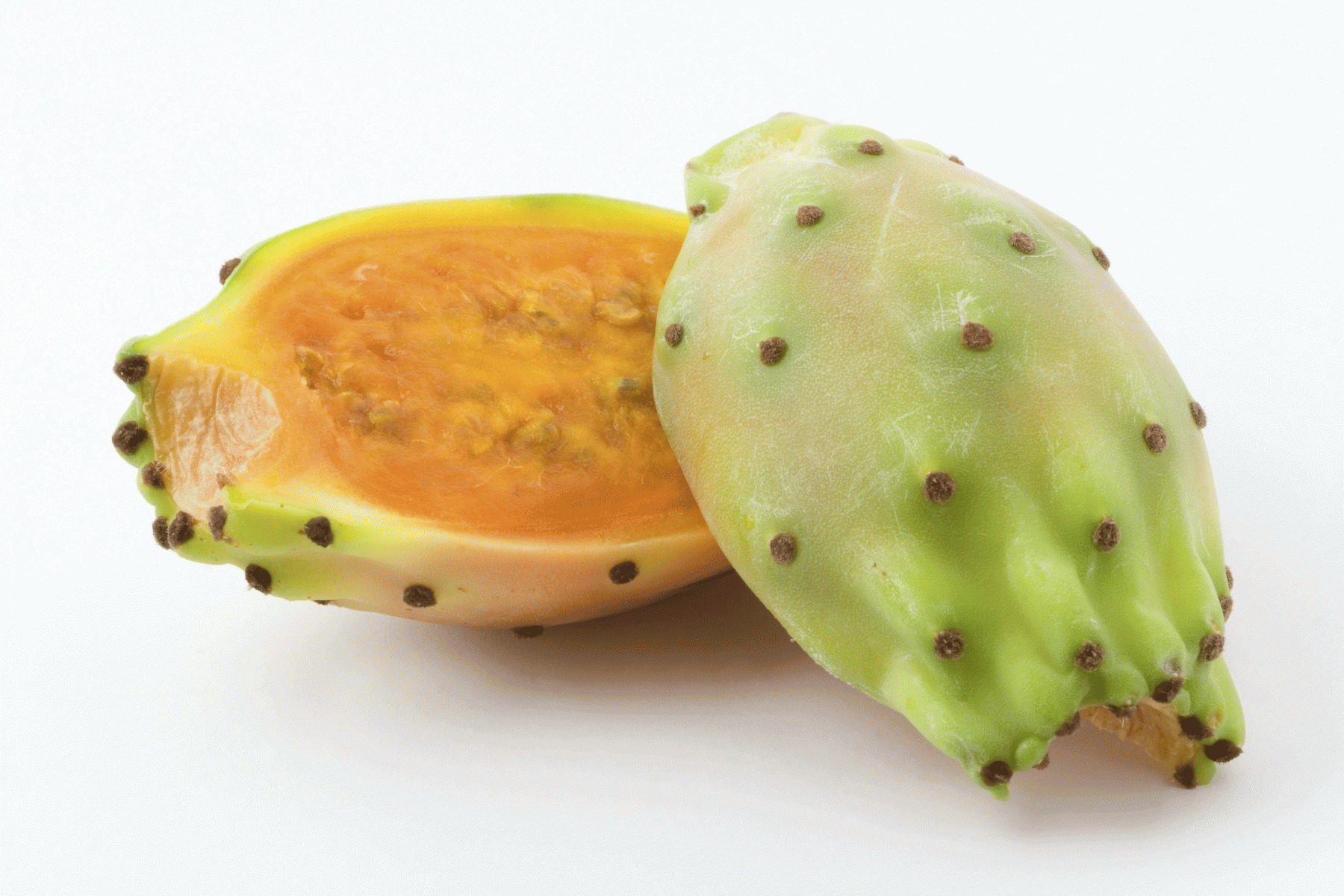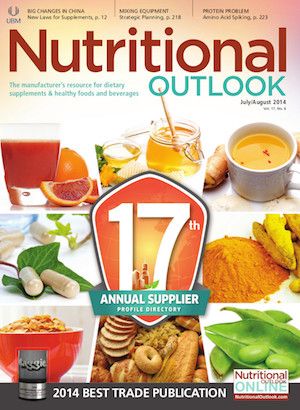Will Prickly Pear Trend in Beverages?
Market researcher Mintel thinks the drought-tolerant succulent has a real future in beverages. And not just in Mexico.

Always looking for the next food ingredient trend, market researcher Mintel just made a prediction that prickly pear cactus is on the rise. And with good reason.
Prickly pear cacti are drought-tolerant plants, meaning they can offer an advantage for farmers who are already facing the threat of uncertain global water security. Adding to the advantage of little watering, prickly pear cacti bear colorful fruits rich in calcium, magnesium, taurine, fiber, and numerous antioxidants. These fruits are also useful for their extractable pigments, including deep reds and oranges.
Mintel claims that less than 100 prickly pear products were launched between 2009 and 2013, but 57% of those were in beverage format. A significant portion of total product launches (26%) was in Mexico.
A number of ingredient suppliers are already marketing prickly pear cactus ingredients. Ecuadorian Rainforest (Belleville, NJ) offers prickly pear powder sourced from the whole fruit, and the company says its ingredient is well suited for jellies, teas, lotions, and beverages. The company’s prickly pear powder has bland taste-making it easy to pair with more flavorful ingredients-and pale green color. It’s sourced from the immature fruits, but other suppliers are offering red prickly pear powder, too.
Keep reading Nutritional Outlook in the coming months to learn more about prickly pears and their health benefits.
Photo ©iStockphoto.com/Laspi
Robby Gardnerâ¨
Associate Editorâ¨
Nutritional Outlook magazineâ¨
robby.gardner@ubm.com

Prinova acquires Aplinova to further increase its footprint in Latin America
April 7th 2025Prinova has recently announced the acquisition of Brazilian ingredients distributor Aplinova, which is a provider of specialty ingredients for a range of market segments that include food, beverage, supplements, and personal care.
HHS announces restructuring plans to consolidate divisions and downsize workforce
Published: March 27th 2025 | Updated: March 27th 2025According to the announcement, the restructuring will save taxpayers $1.8 billion per year by reducing the workforce by 10,000 full-time employees and consolidating the department’s 28 divisions into 15 new divisions.
HHS announces efforts to eliminate independent conclusion of GRAS
Published: March 11th 2025 | Updated: March 11th 2025U.S. Department of Health and Human Services (HHS) Secretary, Robert F. Kennedy Jr., is directing the acting U.S. Food and Drug Administration’s (FDA) acting commissioner to explore rulemaking that would eliminate the independent conclusion of GRAS provision.
















